Most travelers expect the usual hotel rules about smoking, noise, and check-out times. The surprises begin when a property posts policies that feel oddly specific, almost like inside jokes no one explains. These rules are usually born from past disasters, cultural expectations, or relentless attempts to protect revenue and reputation. Together they reveal another side of hospitality, where managers quietly plan for spilled dye, balcony laundry, forbidden snacks, and guests who treat a room like a private nightclub.
No Durian, No Exceptions

In parts of Southeast Asia, many hotels ban durian from rooms, elevators, and lobbies. The fruit smells so strong that it seeps into carpets and air vents and lingers for days. Signs at reception make the rule nonnegotiable, sometimes backed by hefty cleaning fees. For guests, it feels like a quirky cultural detail. For staff, it is damage control after too many nights spent chasing a stubborn, spiky culprit with air freshener and industrial fans.
Outside Food Strictly Forbidden
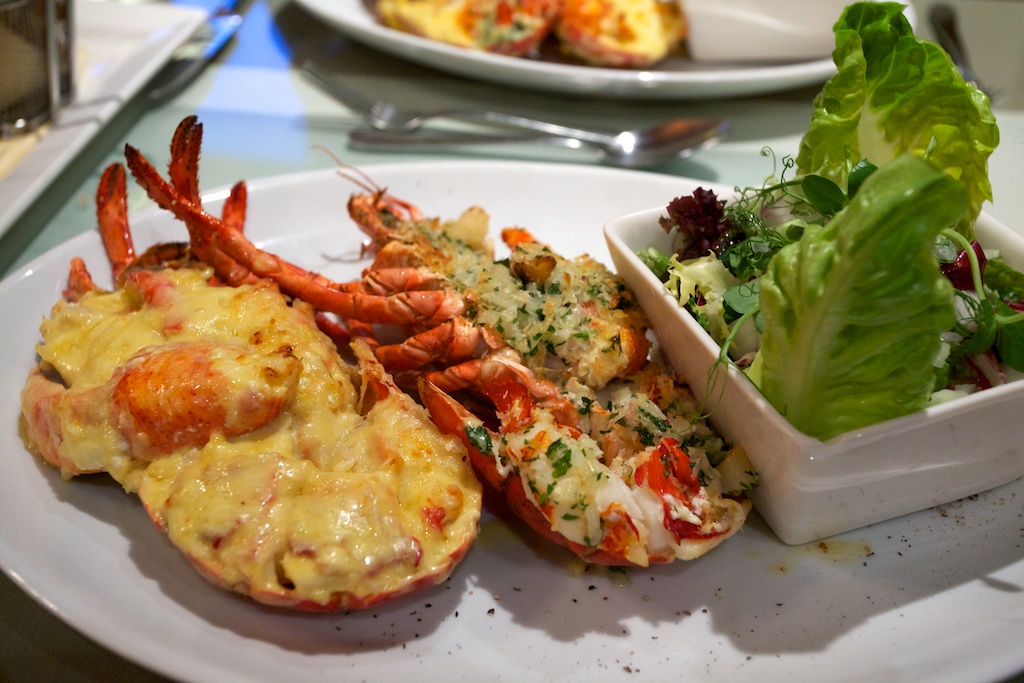
Some resorts forbid outside food and drinks anywhere on the property, even basic takeout or supermarket snacks. The official line is hygiene and pest control, but the deeper motive is protecting bar, restaurant, and minibar revenue. Security may turn away delivery drivers at the gate or call a room to enforce the policy. Guests discover that every soda, sandwich, or late night dessert mysteriously flows through the hotel itself, along with the higher prices that follow.
Children Barred From Elevators Alone

Family friendly hotels sometimes enforce a rule that children below a certain age cannot ride elevators or roam public areas without an adult. On paper, it is about safety, liability, and preventing chaos in hallways and stairwells. In practice, it quietly limits how much freedom younger guests have inside the building. A quick solo trip to the lobby becomes impossible, and staff gain an easy reason to intervene whenever a pack of kids treats the lift like a moving playground.
Pajamas Not Allowed In Public Areas
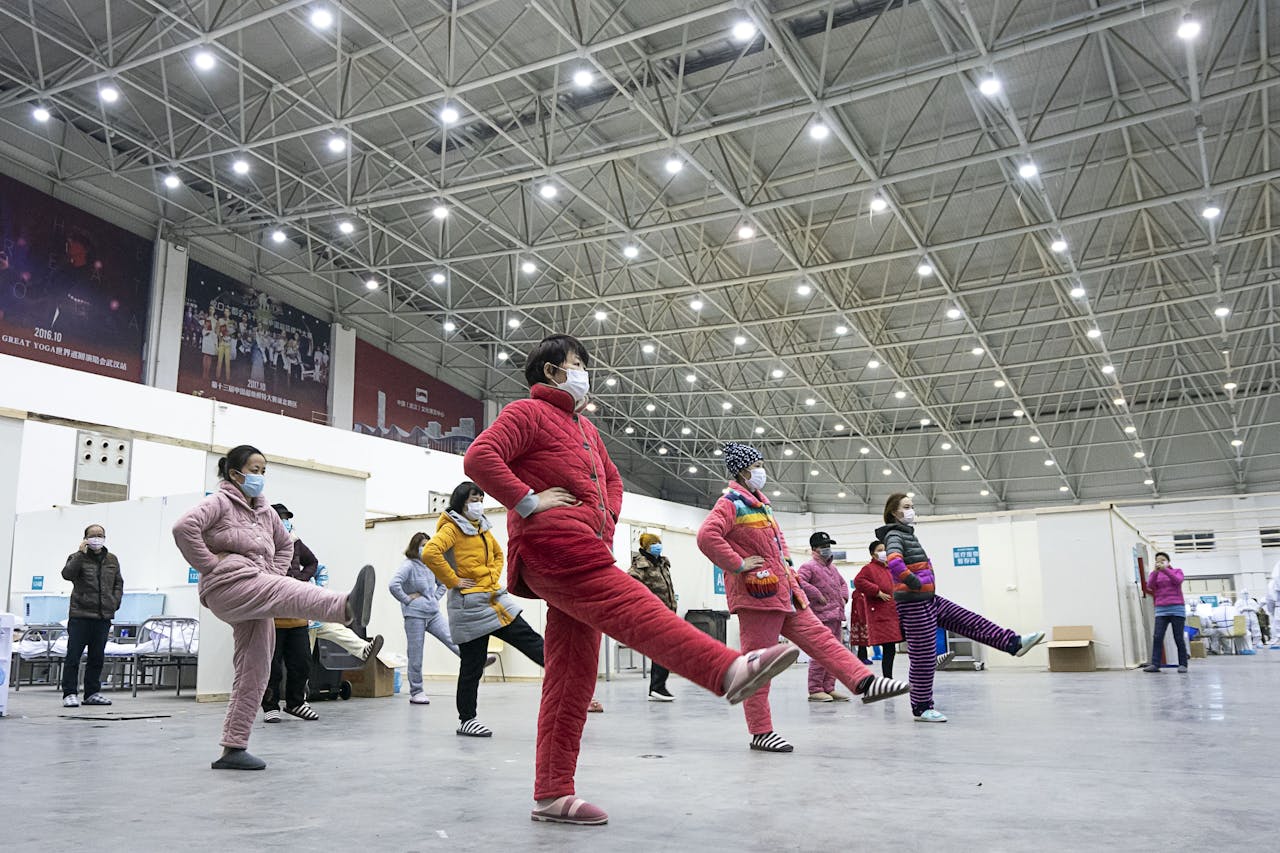
Some properties draw a sharp line between private comfort and public presentation. Rules posted in room directories or lobby signs ban pajamas, bathrobes, hotel slippers, or bare shoulders in restaurants and lounges. Guests who drift down to breakfast in sleepwear may be politely redirected back upstairs. Management frames it as respect for others and maintaining standards. Underneath that, there is a clear desire to keep every shared space looking polished enough for photos, not like a corridor outside a dorm room.
Extra Fees For Unusual Dirt
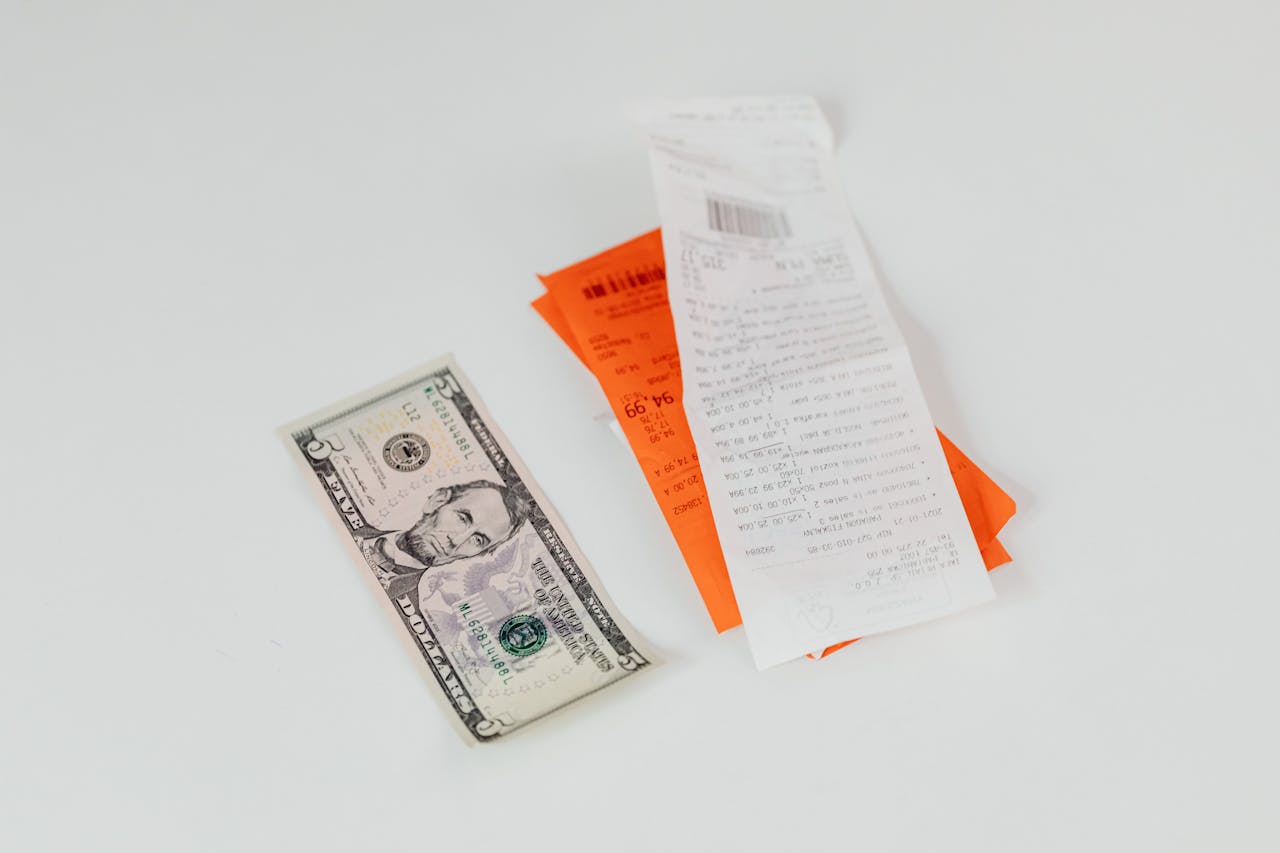
Beyond normal cleaning, certain hotels reserve the right to charge for what they call unusual dirt. That phrase can cover spilled hair dye, heavy makeup on towels, glitter ground into carpets, or bodily fluids on bedding. Housekeeping staff become the first judges of what counts as regular wear versus billable damage. It is a way to recover costs after scenes that look more like a backstage dressing room than a standard guest stay, and it quietly warns guests that messes have a price.
No Animals Unless They Work
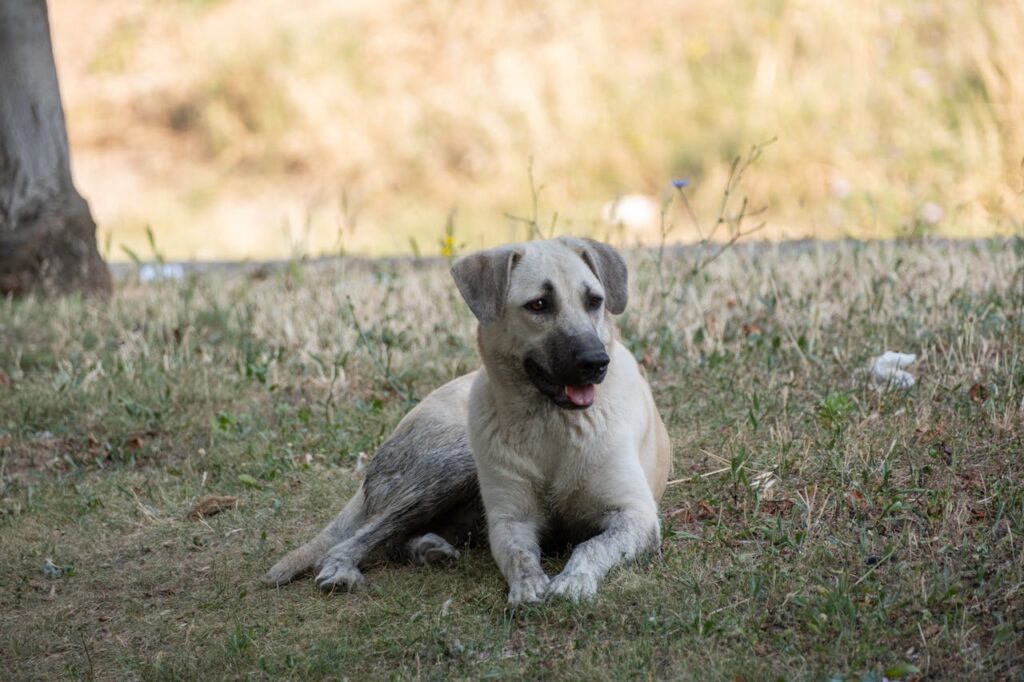
Many hotels adopt a simple rule on animals. No pets of any kind, with narrow exceptions for trained service dogs protected by law. That means no emotional support cats, no pocket puppies, and no birds in cages, even if they stay inside carriers. The policy reflects a mix of allergy concerns, cultural discomfort, and fear of noise or damage. At the same time, staff are trained to welcome working dogs without hesitation, knowing that denying them can trigger serious legal trouble.
Nothing May Hang From The Balcony
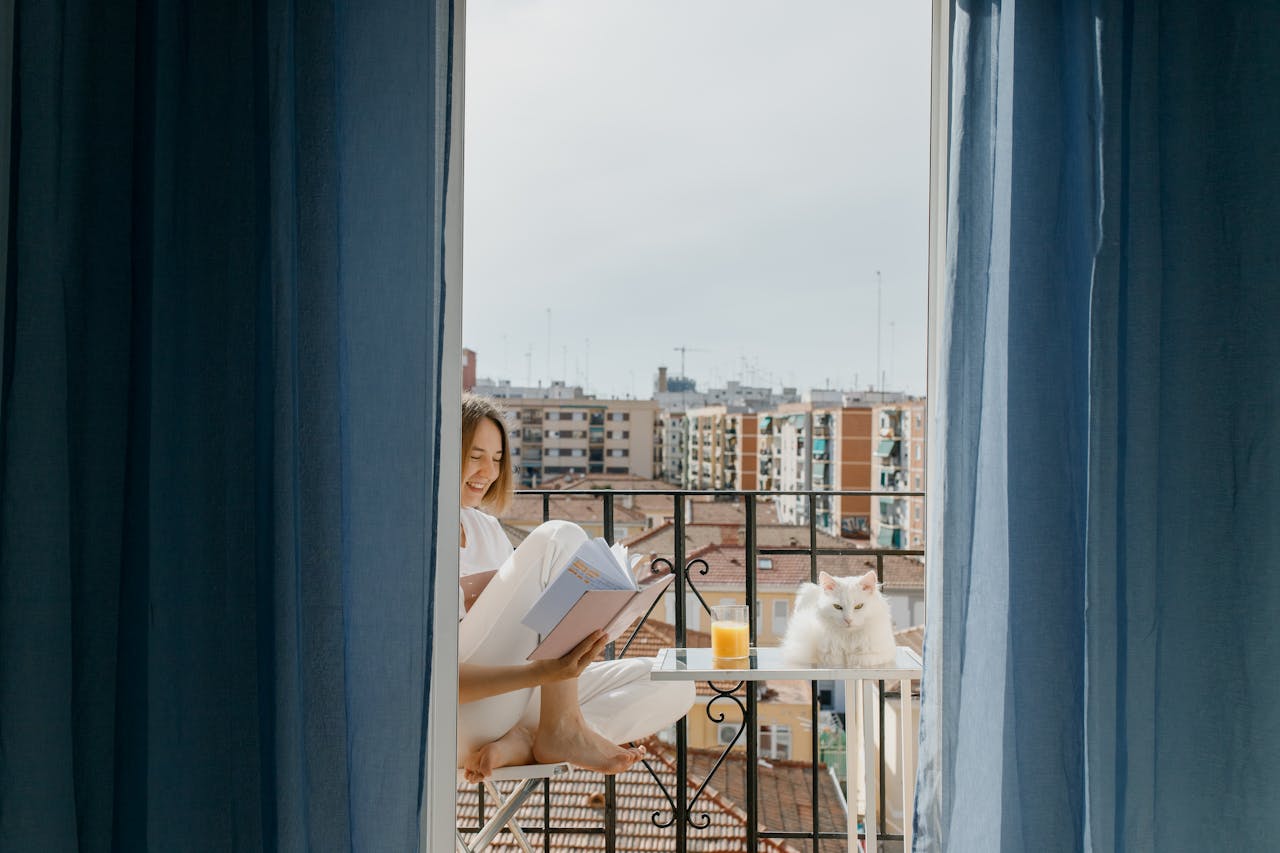
In coastal cities and resorts, it is common to find a rule that bans hanging clothes, towels, or decorations from balcony railings. Management worries about safety, visual clutter, and the risk of objects blowing off in strong wind. Guests who try to turn the balcony into a laundry line may receive warnings or find their improvised ropes removed. The goal is to keep building facades looking tidy in photos and to prevent the property from resembling a crowded apartment block on wash day.
Furniture Must Stay Put
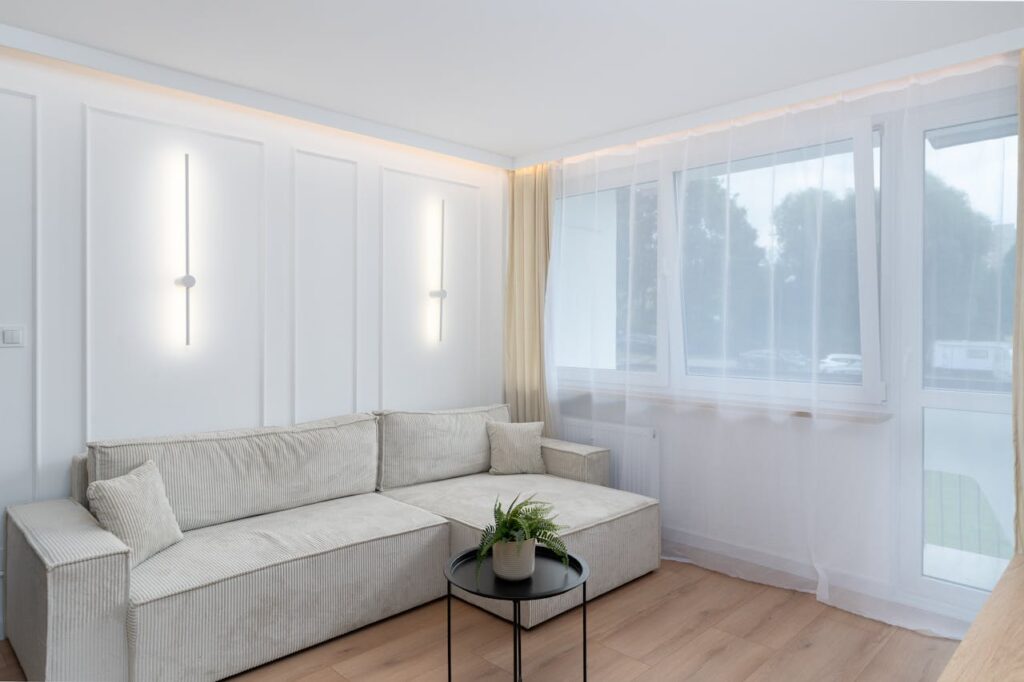
Some hotels specify that guests are not allowed to move heavy furniture or alter room layouts. The rule seems fussy until staff explain the damage that comes from dragging sofas, pushing beds together, or stacking side tables. Scratched floors, cracked tiles, and overloaded sockets add up quickly. Prohibiting major rearrangements lets maintenance teams keep rooms safe and consistent, and gives staff a clear reason to intervene when a supposed quiet stay starts to look like the setup for an event.
Cooking Devices Completely Banned
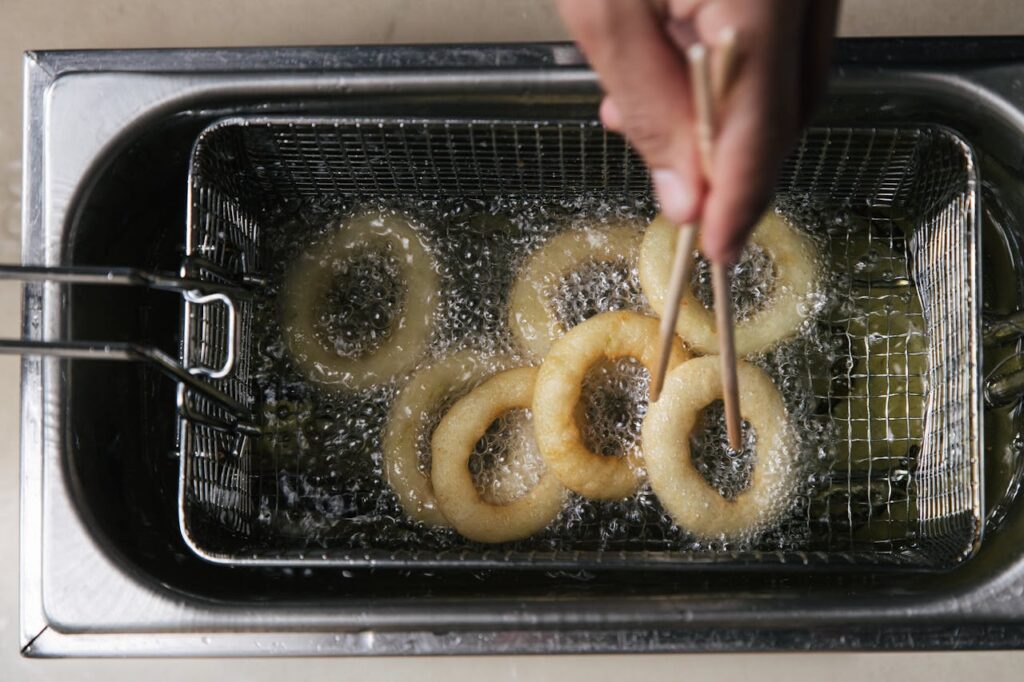
Standard hotel rooms often come with a firm ban on hot plates, rice cookers, and other personal cooking devices. Management worries about fire hazards, tripped breakers, and lingering food smells that cling to drapes and upholstery. Even a small pan of fried snacks can set off smoke detectors or leave oil residue that housekeeping struggles to remove. Guests may still improvise with an electric kettle for noodles or soup, but anything more ambitious technically crosses the line into forbidden territory.
Visitor Curfews On Guest Floors

Urban hotels sometimes put strict limits on visitors who are not registered guests. Policies may cap how many people can be in a room or set curfews after which visitors are no longer allowed on guest floors. Security teams watch elevators, ask for room numbers, and gently push groups back toward the lobby. Officially, it is about safety and noise control. Unofficially, it is also a way to curb parties, unregistered stays, and activities that might upset neighboring rooms.
Entire Quiet Zones With Enforced Silence
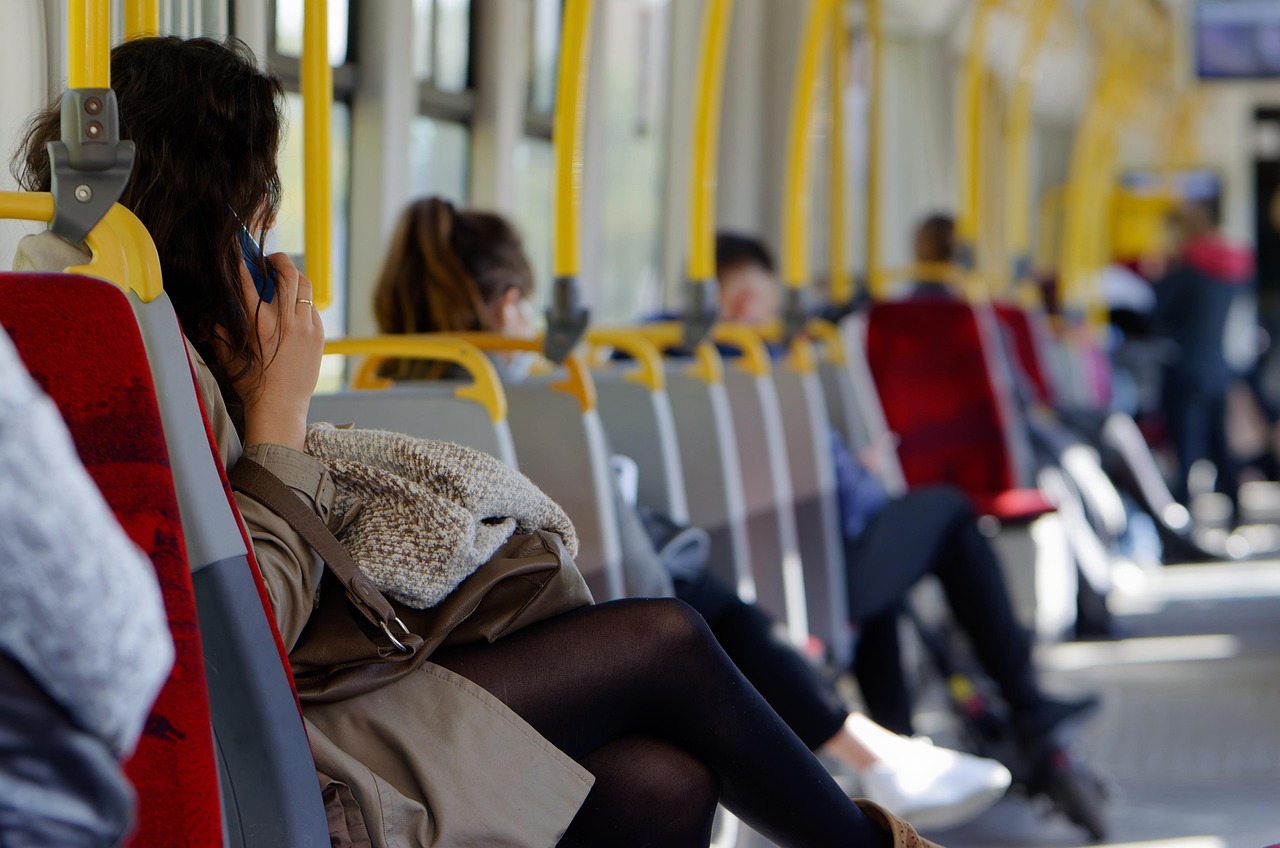
Some properties designate full floors as quiet zones with enforced silent hours. Bookings on those levels often come with a promise of reduced noise, and that promise is backed up by clear rules. Loud conversations in hallways, late music, or repeated door slams can draw warnings and, in rare cases, fines or eviction. Light sleepers appreciate the structure. For staff, it creates a defined area where they can point to a policy rather than relying on vague pleas for consideration.
Strict Rules For Photography And Filming
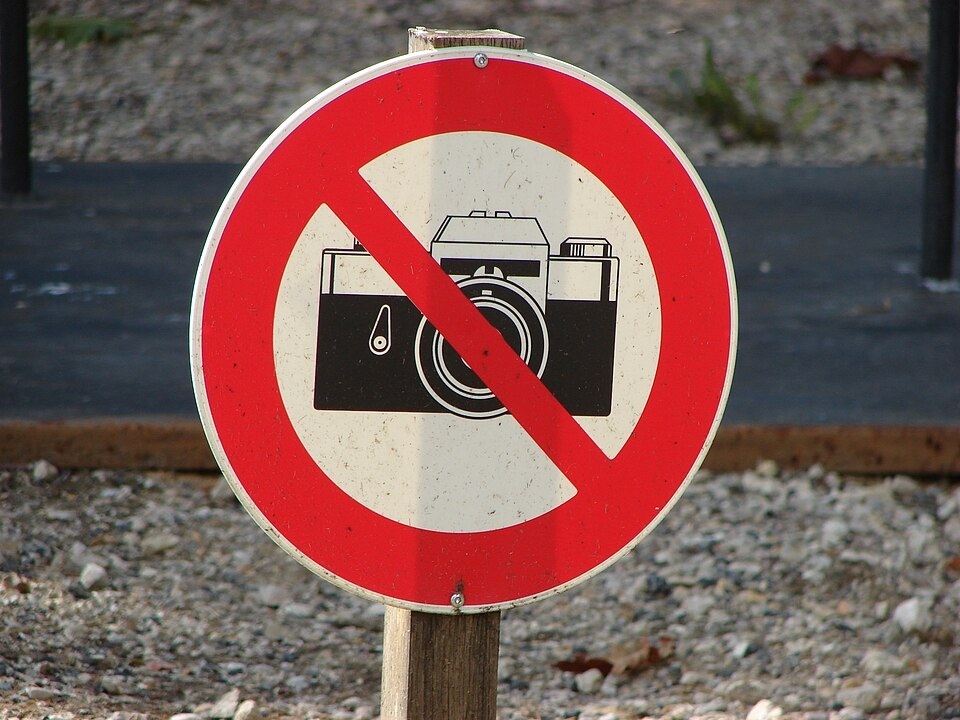
As social media content grows, more hotels create detailed rules about photography, filming, and commercial use of images. Casual snapshots are fine, but professional shoots, sponsored content, or influencer campaigns often require written permission and scheduled times. Managers worry about guest privacy, cluttered spaces, and brand image. The rule can surprise travelers who treat every hallway as a backdrop, only to learn that the beautiful staircase they love is considered controlled scenery, not an open, public set.
Stains On Linens Can Trigger A Charge

Many hotels quietly note that linens and towels stained beyond repair can be charged to the guest as damaged items. The list of culprits includes hair dye, tanning products, mascara, spilled nail polish, and sometimes even strong herbal oils. Housekeeping teams try every cleaning method before reporting a loss. When the item cannot be saved, the cost appears on the final bill. It is an unspoken reminder that those crisp white sheets are shared property, not disposable props for one night.


